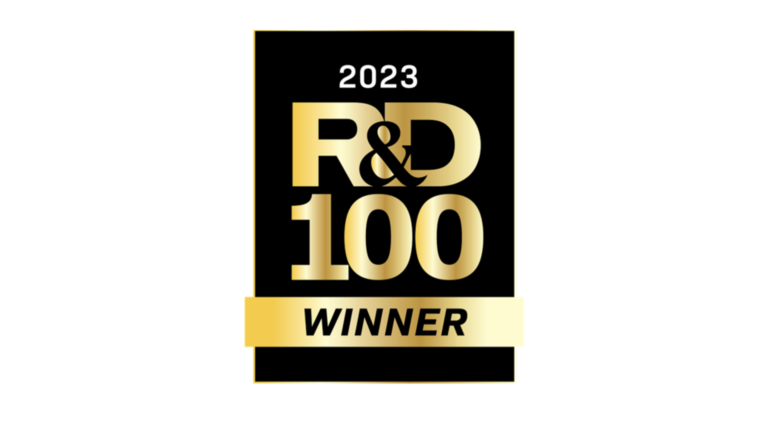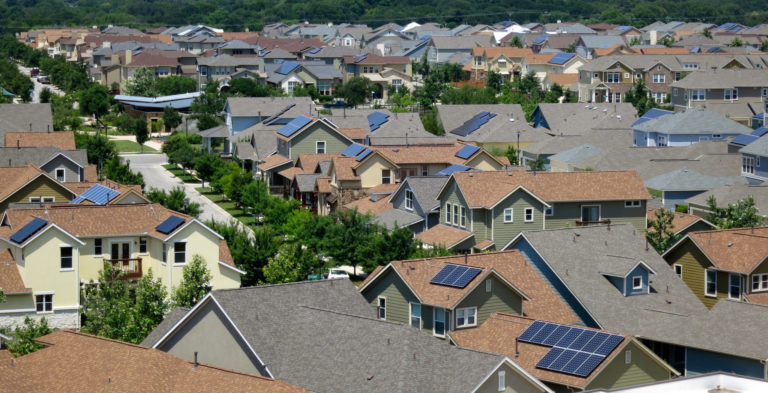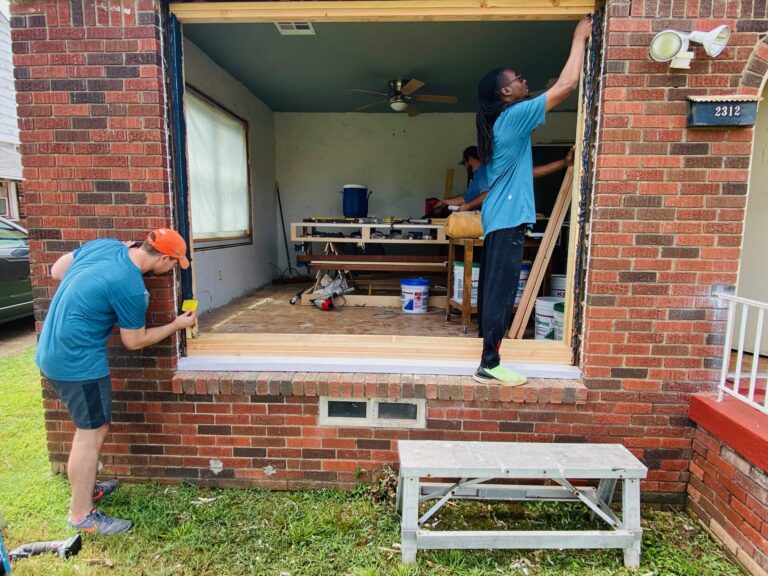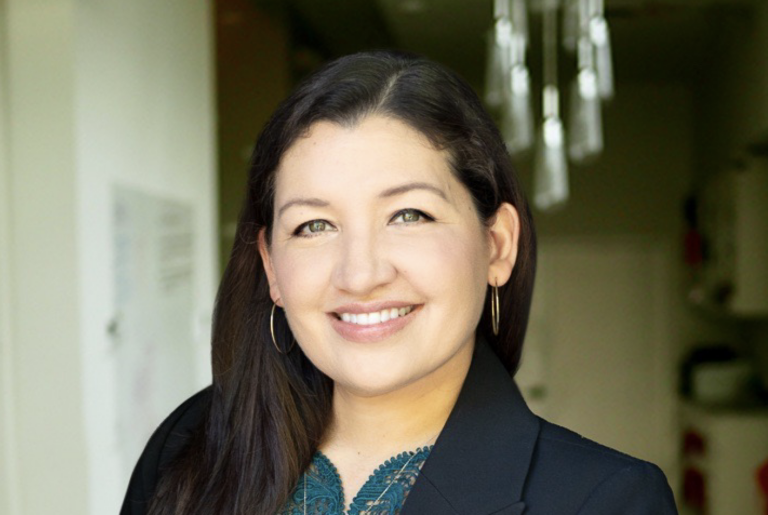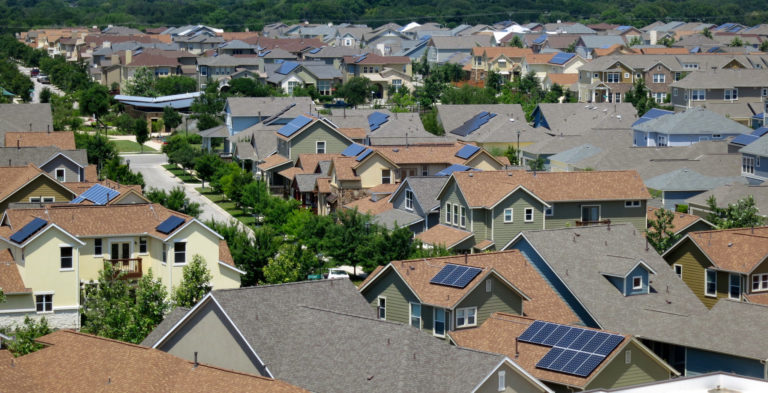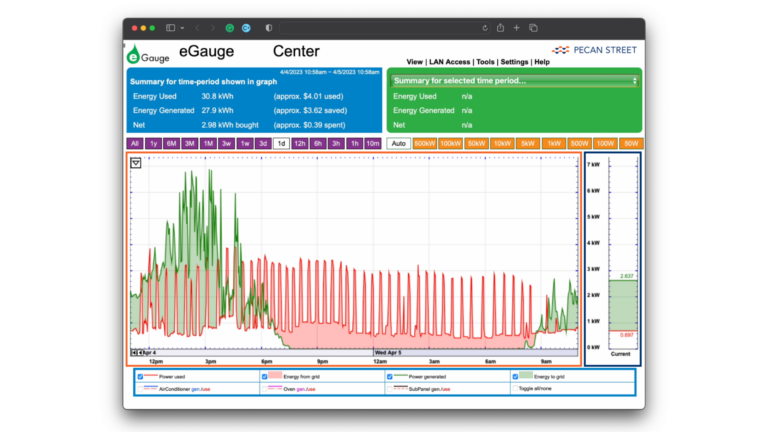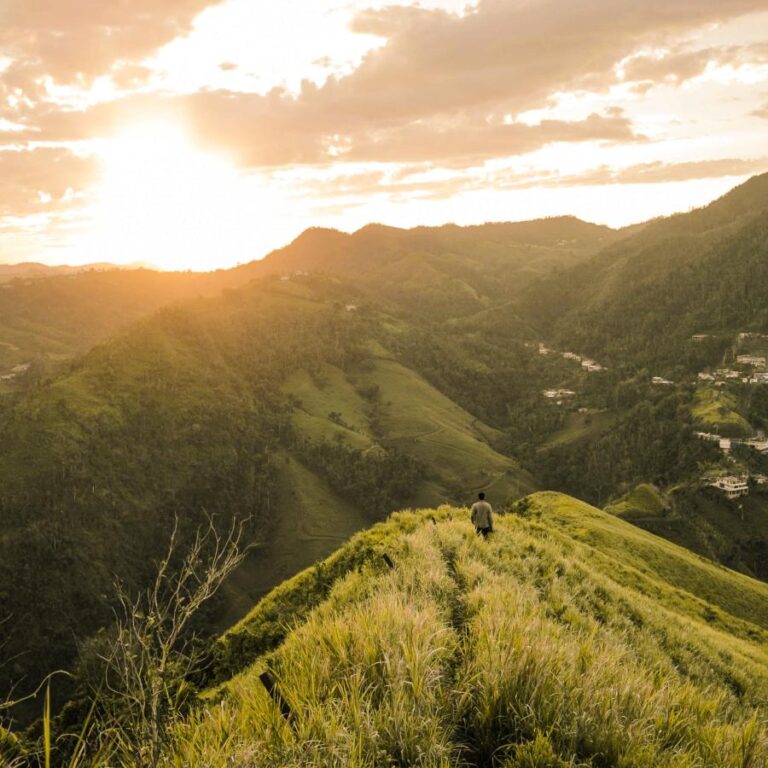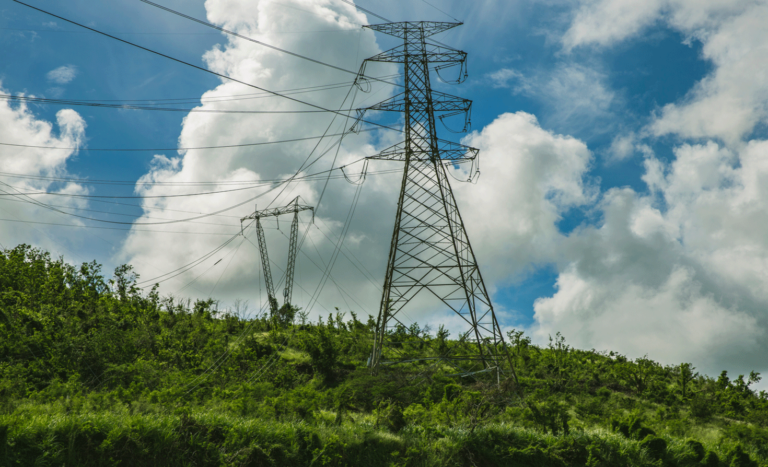November 12, 2021
By Jill Harlow, chief of staff, Pecan Street Inc.
When we think about solving the climate crisis, we tend to dwell on the actions (or lament the inaction) of policy makers, technology innovators, and global finance. We rail against persistent distrust of scientific projections. It’s easy to overlook the power of community-based approaches. Often, an effective way to cut through climate rhetoric and overcome the paralyzing pressure of climate anxiety is to simply get to work on something immediate and tangible.
Something magic happens when the so-called experts, practitioners, and ordinary citizens come together to construct a dynamic understanding of a specific local or industry problem. Decision-makers at COP should make room for these kinds of approaches in the partnerships they create, the leaders they appoint, and the policies or programs they support. By working together, it’s possible to map adaptation or mitigation pathways and prioritize actions. Perfect takes a backseat to progress. Everyone doesn’t need to understand every aspect of the situation out of the gate. Together, relevant competencies and capacity for action emerge organically, as do champions who can sustain momentum.
In my prior work with the Gulf of Maine Research Institute, I saw coastal communities gravitate toward this approach as they began to grapple with sea level rise. Involving residents in data collection allows municipal planners to move beyond skepticism about model-based predictions for where sea rise might occur in the future to understand where flooding is already affecting daily life. Clarity emerges for how to allocate limited funding for infrastructure improvements today and citizens become vested in supporting future budget proposals.
Similar efforts are beginning to take shape in fisheries, as historic ports plan for a future where warmer waters drive our favorite seafood outside traditional harvest ranges. Community-based approaches help scientists right-size information to support real-world adaption strategies and fishery stakeholders learn how models can help them make decisions amid uncertainty.
Here at Pecan Street, I have already been struck by a couple powerful examples.
First, our partners at the University of Puerto Rico Mayaguez are engaged with the
Queremos Sol Puerto Rico (We Want Sun Puerto Rico) campaign. As the island moves to rebuild its electric grid after the devastation of Hurricane Maria, this amazing coalition of energy researchers and community-based organizations is making an environmental, economic, social, and above all climate resilience case to move the island toward a 100% renewable energy future.
Second, the extension of our volunteer energy research network in Detroit is grounded in working with an NSF-funded Climate Hazard, Housing, and Health Community-Academic Partnership. Trusted, local neighborhood organizations like Jefferson East, EcoWorks, Parkside, and Southwest Detroit Environmental Vision come together with an interdisciplinary group of University of Michigan Researchers, including the Urban Energy Justice Lab. Together they are pioneering a novel case management approach to help low-income families of color navigate the complex labyrinth of assistance, financing, and incentive programs designed to promote energy security.
I am equally fascinated by what we are learning about the role of community in accelerating the adoption of regenerative agriculture – which is so important for carbon sequestration. We typically think about communities as being place-based – a neighborhood, a town or city, a region. Instead, we are seeing farmers come together in global communities of practice. Online forums and social media are emerging as important factors for knowledge transfer and movement building.
Finally, community-based climate solutions tend to be more welcoming and inclusive. It’s possible to make space for indigenous and traditional ways of knowing and culturally relevant ways of being in the world that can be more climate friendly. We are better off when we have authentic opportunities to work alongside others who can expand our knowledge and worldview. The seeds for this are being planted in the resilience hubs and innovation zones that have sprung up around the official COP proceedings. I hope it’s only the beginning.









